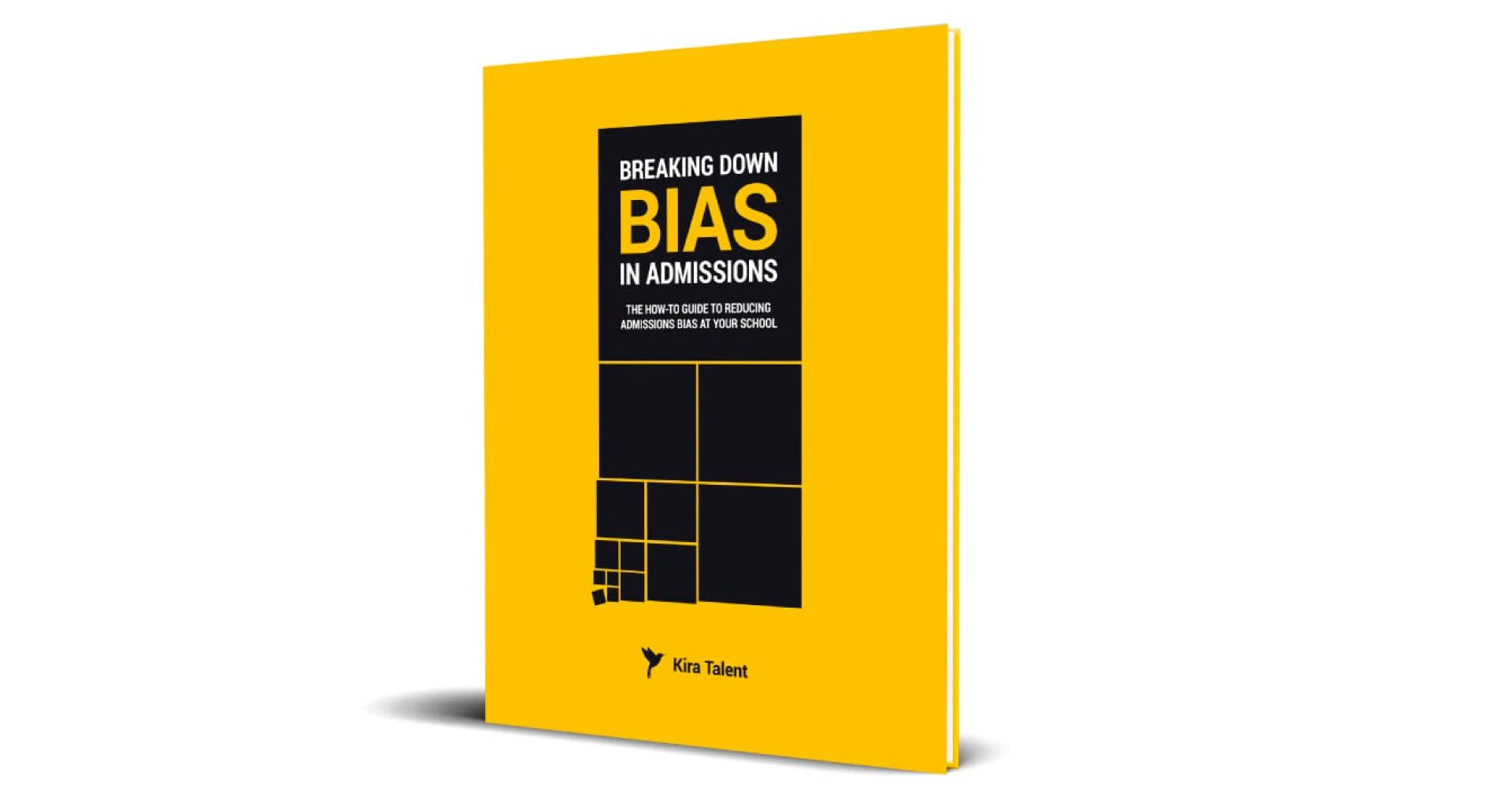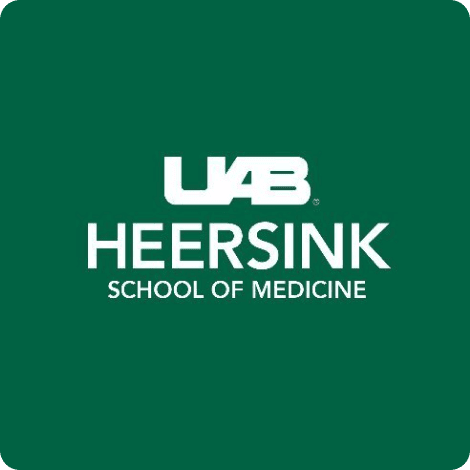For medical schools, Multiple Mini Interviews (MMIs) are a staple of the admissions season. A reliable method of assessing soft skills such as communication and critical thinking, MMIs provide insight into how an applicant would interact with patients and colleagues as a healthcare professional. For the Psychiatry Residency program at Queen’s University’s School of Medicine, this assessment of soft skills is integral to the admissions process.
With approximately 30 residents spread across the 5-year residency program, Queen’s offers students a balance of hands-on in-hospital rotations and educational research opportunities.
“We pride ourselves on producing really well-rounded psychiatrists,” shared Dr. Eric Prost MD, FRCPC, an Assistant Professor at Queen’s School of Medicine. “Our students have both research and clinical experience. They’re just as comfortable tackling scholarly projects and they are attending to any patient who walks in the door.”
So when Queen’s shifted their admissions process online, they needed a platform that could deliver the effective and engaging experience they wanted for their applicants, as well as the support and guidance they needed for their admissions team. They found their solution with Kira's Live Interviewing.
Recognizing the value of a virtual MMI
“Even before the pandemic there was a push within the School of Medicine to transition to virtual,” explained Dr. Prost. “The travel cost related to in-person interviews, both in terms of the effect on the environment as well as the financial cost to applicants, was something we were keen to address in our process.”
Excited as they were by the prospect of providing an accessible and environmentally conscious interviewing experience, the admissions team disliked the impersonal, and often problematic, nature of many off-the-shelf solutions.
“We needed a platform that would perform flawlessly and a virtual interviewing experience that would help us attract and enroll high-quality candidates. With Kira, both of those things happened.”
“If we were going to do it virtually there were two key factors that needed to be addressed,” explained Dr. Prost.
The first was the support behind the platform. “We didn’t want to be dealing with a bunch of IT problems,” shared Dr. Prost. “It’s not only extraordinarily frustrating for both the admissions team and our applicants, but it’s unprofessional and it tarnishes an applicant’s impression of our school.”
The second was the opportunity to market the program. “Part of the appeal of our program is the warmth and camaraderie of our residence group,” Dr. Prost continued. “Candidates often comment on how close-knit and friendly our residents’ group is. So we needed to be able to convey that virtually. Kira Talent met and exceeded those needs.”
Enhancing admissions from application to interview
With full confidence conducting their MMIs in Kira, Queen’s saw an opportunity to gain deeper insights into their applicants’ soft skills and traits earlier in the admissions process. In conjunction with their traditional written application components, Queen’s had applicants complete an Asynchronous Assessment in Kira. To help reduce bias in the evaluation process, each reviewer was assigned to review applicant responses for specific competencies. This horizontal review process, helps reviewers become experts in the competency they're assigned to, thereby improving the accuracy and reliability of their scoring.
“We want to be as objective as possible throughout each stage of the process,” explained Dr. Susan Ilkov-Moor MD, FRCPC, an Assistant Professor at Queen’s School of Medicine. “Adding the Asynchronous Assessment allowed us to hear from each applicant before making any decisions. By combining information from both the written application and the Kira assessment we ensured that we were making well-informed decisions based on a holistic view of all our applicants.”
Following their Asynchronous Assessment, successful applicants were invited to an MMI in Kira Talent. With Live Interviewing, Kira took Queen’s traditional MMI process and replicated it online. Through custom in-platform competency-based rubrics and seamless scheduling, the streamlined process enabled Queen’s to interview more applicants per day.
“Live Interviewing mirrored our traditional MMI and it did a great job of recreating the process,” shared Dr. Ilkov-Moor. “The whole process went extremely smoothly.”
The advantage of expert advice
By incorporating pre-recorded videos into the Kira platform, the program was able to showcase not only shots of campus but the personality and spirit of the faculty and residents’ group.
“We got feedback from an incoming student that they loved the opening video we had with Dr. Prost introducing the program” shared Dr. Ahila Vithiananthan BHSc. Hons., MD, a current psychiatry resident at Queen’s School of Medicine. “They also specifically commented on the quality of questions that Queen’s asked in the Asynchronous Assessment and the MMI, compared to some other programs. That’s largely due to Kira’s role in the creation of our interviews.”
Read more applicant feedback in the 2020 Applicant Experience Report
Guided by a decade of experience in the higher ed admissions space, Kira brings that expertise into the onboarding process. Kira helped the Queen’s Psychiatry Residency Program overhaul the rubrics and questions used in both the Asynchronous Assessment and MMI.
“Kira helped us create stronger questions and rubrics.”
“They were okay before but the competency workshop with Kira helped us create better ones,” shared Dr. Prost.
A golden standard for support
With Kira Talent already powering virtual assessments for the Queen’s undergraduate medical program, the Psychiatry Residency Program knew that Kira’s award-winning client experience would be an added support for their admissions team.
Discover what admissions teams have to say about their experience with Kira Talent
“It was a significant benefit for us to have the help of the Kira team,” shared Dr. Vithiananthan. “Kira was amazing throughout the onboarding process, always there to answer any questions, and was available during all the Live Interviews, on the weekend, supporting both the admissions team and reviewers, as well as the applicants.”
“The reason that we chose Kira was because we knew it wasn’t going to be us doing it on our own,” shared Dr. Prost. “Kira gave us an excellent online experience with no bugs and no IT issues. We could count on 24/7 support and a team to keep us organized and on track. And that was not only during the onboarding but throughout the assessment period and day-of for the MMI. I could not be happier, I have absolutely no complaints.”






